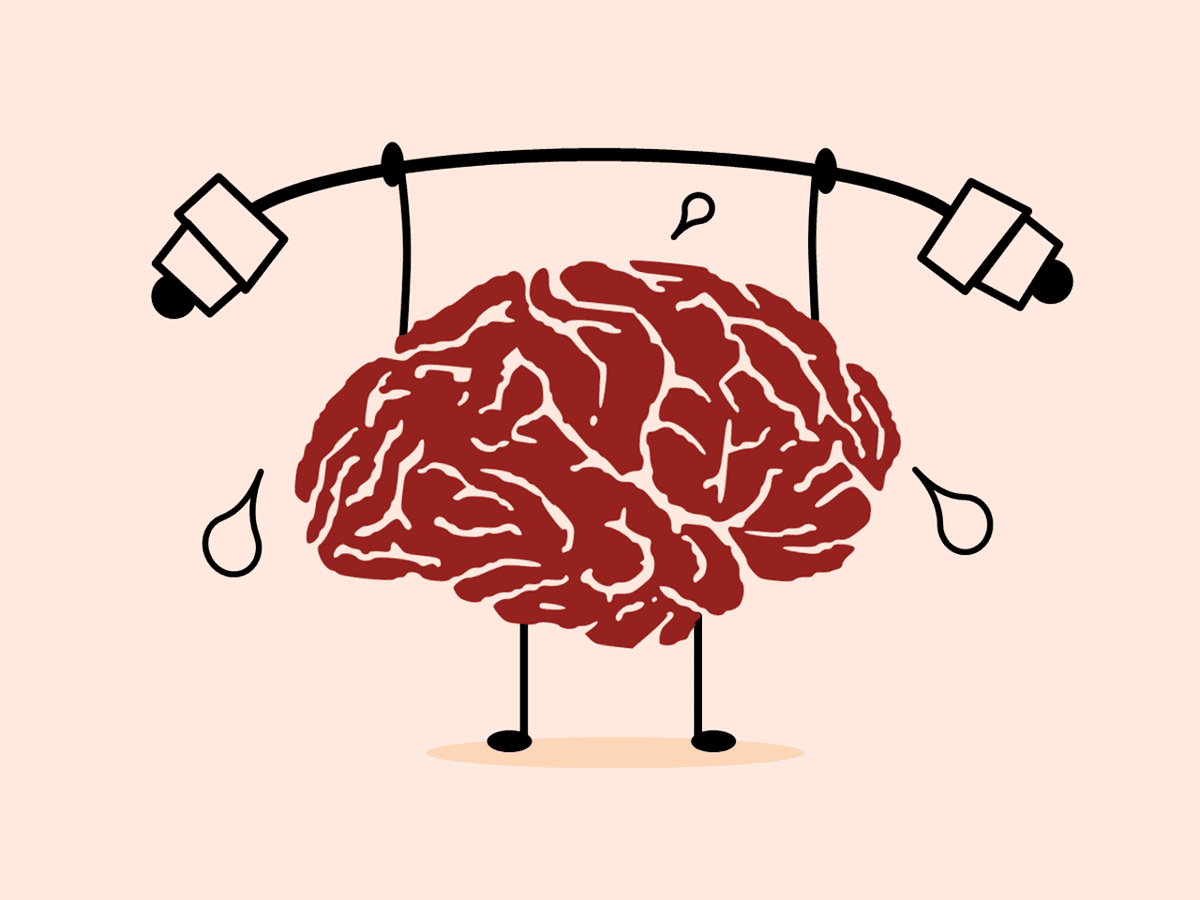Recognizing the Impact of Workout on Mental Health and Overall Health
In the realm of psychological health and wellness and general health, the significance of exercise is a complex subject that warrants exploration. Beyond its physical advantages, the influence of exercise on one's mental wellness has actually been a subject of growing rate of interest and research study. The elaborate interplay in between physical task and mental wellness introduces a range of favorable results that expand far past the boundaries of a gym or a running track. As we navigate through the complexities of this connection, a much deeper understanding of exactly how workout affects our mindset and total wellness arises, shedding light on the profound implications it holds for our day-to-days live and long-term health.
Benefits of Exercise on Mental Health

Regular physical workout has been shown to substantially enhance psychological health and wellness outcomes in people of all ages. Engaging in regular workout not only advantages physical health however additionally plays an essential role in improving mental health.
Furthermore, exercise has been connected to enhanced cognitive function and total mind health (Mental Health Services). Studies have revealed that regular physical activity can enhance focus, memory, and decision-making abilities. It can additionally add to a decrease in the risk of cognitive decrease as people age. Additionally, exercise promotes much better sleep patterns, which are essential for keeping good mental health and wellness.

Link Between Exercise and Anxiety
Workout works as a potent mechanism for minimizing stress and anxiety and promoting mental wellness by promoting the launch of endorphins and fostering a feeling of relaxation and renewal. When stress and anxiety degrees climb, the body's fight-or-flight response is caused, leading to increased cortisol levels. Routine exercise aids neutralize this reaction by reducing cortisol degrees, which consequently alleviates stress. Workout advertises the production of endorphins, frequently referred to as the body's natural medicines, which act as mood lifts and anxiety reducers.
Participating in exercise likewise uses an interruption from everyday stress factors, permitting individuals to concentrate on the here and now moment instead of ruminating on sources of stress. Additionally, workout can improve self-esteem and self-confidence, providing a feeling of accomplishment and control that can battle sensations of vulnerability usually connected with stress and anxiety. By incorporating exercise into a normal regimen, people can effectively manage tension degrees, bring about boosted psychological health and overall lifestyle.
Impact of Workout on State Of Mind
Taking part in exercise has been shown to substantially influence one's state of mind and psychological well-being. The partnership between workout and state of mind is well-documented, with numerous studies highlighting the favorable effects of exercise on mental health and wellness. When we participate in Get the facts workout, our bodies launch endorphins, commonly known as "feel-good" hormonal agents, which can help ease sensations of depression, stress and anxiety, and stress. In addition, normal workout can cause enhanced self-confidence and a feeling of success, which can additionally boost one's overall state of mind.
Furthermore, the influence of workout on mood expands past simply the prompt post-workout duration. Research suggests that people who preserve a consistent workout regimen are extra most likely to experience long-lasting renovations in their state of mind and emotional state. This can be credited to the structural modifications in the brain that happen as an outcome of normal exercise, such as enhanced connection between mind areas responsible for controling emotions.
Workout and Cognitive Feature
Various studies have actually shown the substantial influence of exercise on cognitive feature, highlighting the detailed partnership in between exercise and mental processes. Taking part in routine workout has actually been shown to enhance various facets of cognitive feature, consisting of memory, interest period, problem-solving skills, and total mental acuity. Exercise promotes the release of natural chemicals such as dopamine and serotonin, which play crucial functions in cognitive function and state of mind policy. Additionally, workout advertises the growth of brand-new mind cells and reinforces the connections between them, resulting in enhanced cognitive efficiency.
Additionally, constant physical task has actually been connected to a decreased threat of cognitive decline and neurodegenerative illness such as Alzheimer's. Researches recommend that people that maintain an energetic lifestyle throughout their lives experience slower rates of cognitive decrease compared to those that are less active. On the whole, the proof extremely sustains the notion that normal exercise is not only valuable for physical health and wellness yet likewise plays a crucial function in preserving and improving cognitive function.
Techniques for Incorporating Exercise
Taking on a structured technique to integrating exercise into daily regimens can substantially boost the possibility of maintaining a great post to read constant workout regimen. One effective approach is to set particular, possible objectives. These goals should be realistic and customized to private abilities to stop feelings of failing and make certain motivation. Additionally, integrating exercise into existing regimens, such as walking or biking to function, taking the stairs as opposed to the lift, or scheduling normal workout sessions, can assist make exercise a regular part of day-to-day life.
Another valuable method is to locate activities that are delightful. Whether it's dance, biking, yoga exercise, or swimming, engaging in have a peek at these guys activities that bring satisfaction boosts the chances of sticking to the exercise regimen over time. Furthermore, differing the kinds of exercises and alloting time for both cardio and strength-training activities can prevent boredom and provide an alternative technique to fitness.
Incorporating workout right into social tasks, such as joining a sports team or exercise team, can additionally foster a feeling of community assistance and liability, making it simpler to stay devoted to regular exercise. By applying these techniques, people can develop a lasting and meeting exercise routine that promotes mental wellness and general wellness.
Conclusion
In final thought, exercise has numerous benefits for mental health and wellness and general health. By comprehending the impact of exercise on mental wellness, people can take proactive steps to prioritize their physical activity and enjoy the favorable effects on their emotional and psychological state.
